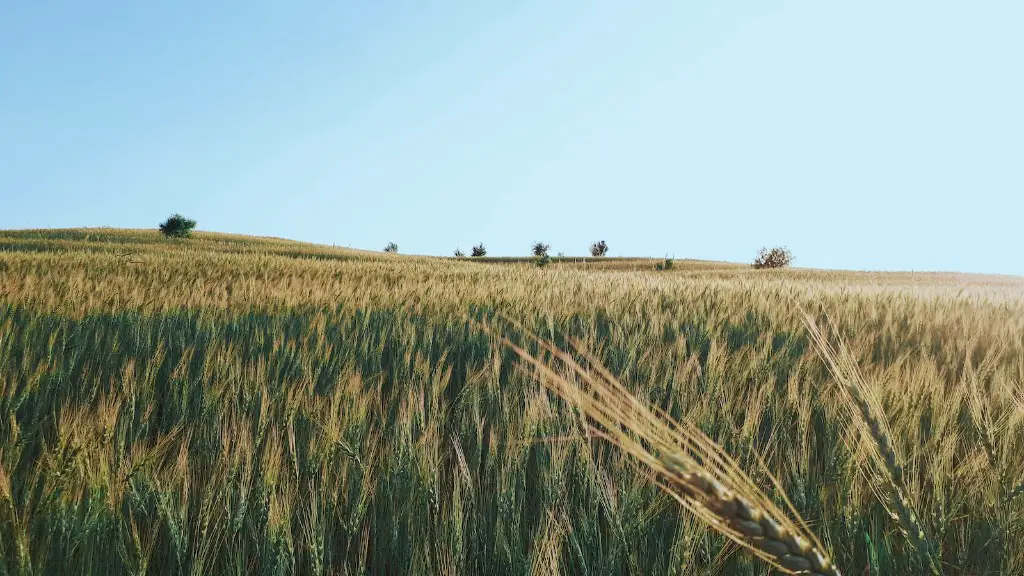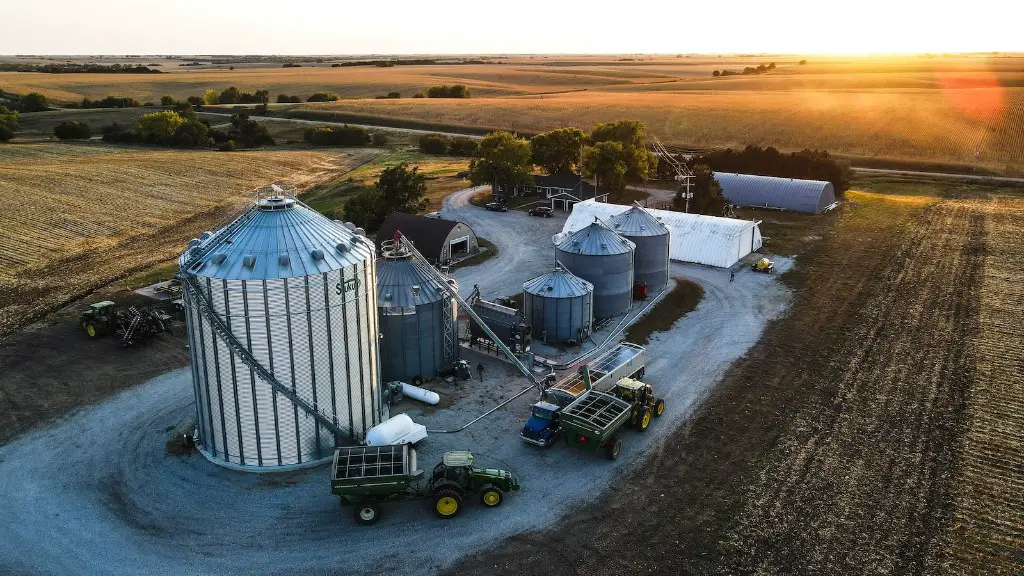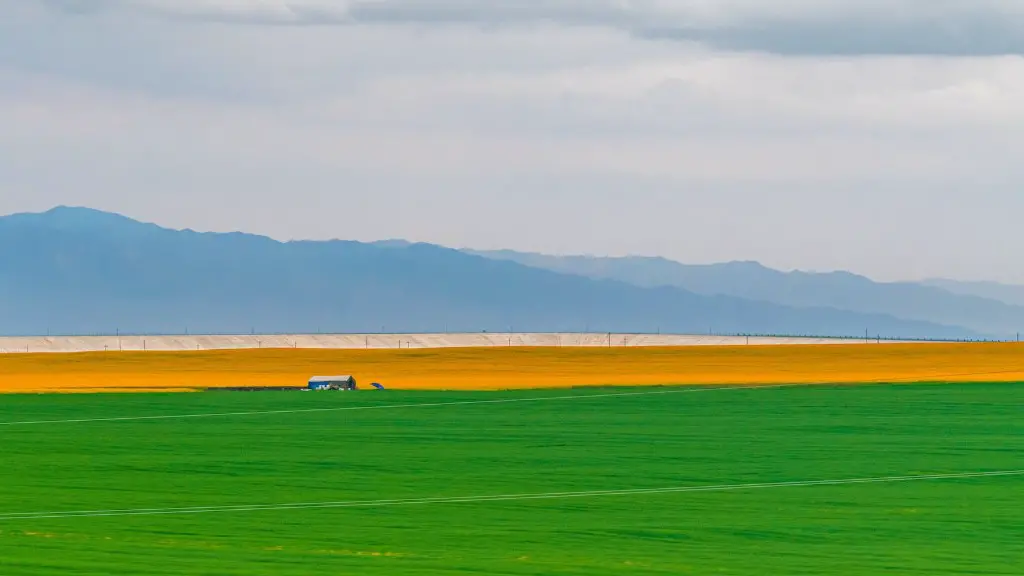Agriculture is an ancient and essential means of earning a living and of sustaining humanity. Although it is an ancient practice, learning how to practice it properly requires more modern approaches. To acquire agricultural knowledge, one must focus on developing both theoretical and practical skills. Here are a few tips on how to learn agriculture.
Understand the Basics
It is essential to understand the basics of agriculture first, such as soil types and fertility, plant diseases and control, crop varieties, soil preparation and cultivation, and use of fertilizers, irrigation, pest control and harvesting. One can begin by studying agriculture from the school level and getting familiar with the various aspects of farming.
Develop Job-specific Skills
If one is interested in a specific job in agriculture, such as crop farming, horticulture or livestock production, they can polish their skills for that specific job. By working or volunteering in a farm or related setting, one can come to better understand the intricacies of production, pest control, and marketing agriculture.
Expand Your Knowledge
One can also expand their knowledge of agriculture by attending seminars, workshops, and conferences, reading books, and exploring online resources. It is useful to keep up with the changes in agriculture, such as new technology, emerging markets, and changing regulations.
Get Practical Experience
To better understand how to tend to soil and plants, one can gain experience through internship at different farms. This is an excellent way to learn the practical aspects of farming, such as soil care, pest control, and crop maintenance.
Learn From Reading
Reading books pertinent to the field of agriculture can help one acquire the necessary knowledge. Books can provide a comprehensive description of various topics, such as soil management, crop selection, and sustainable farming.
Attend Conferences and Events
Attending conferences and events related to agriculture is another way to learn from the experts and to get tips from successful farmers. These events are a great source of information, as they provide opportunities to learn the latest farming trends and methods.
Find a Mentor
Finding an experienced farmer or agricultural professional who can serve as a mentor is one of the best ways to learn the practical aspects of farming. This can be immensely helpful in acquiring the technical knowledge – such as farm management and pest control – needed to be successful in agriculture.
Create an Agricultural Business Plan
A business plan is essential to launching a successful agricultural enterprise. It provides the framework for implementing an agricultural business, from selecting the best crops to expanding the business. One can consult with agricultural professionals and learn resources available to create a thorough plan that outlines the costs of production, marketing, and distribution.
Learn About Financing Opportunities
To finance an agricultural business, one needs to familiarize themselves with the financing options available, such as government grants and loans, venture capital funding, and private loans. It is important to understand the requirements and requirements of each financing option.
Develop Marketing Strategies
Marketing is essential for any agricultural business to succeed. One needs to know the best methods for selling their products, such as identifying target markets and developing strategies for pricing and advertising. An agricultural business cannot be successful without creating a strong marketing plan.
Understand Regulatory Requirements
In the US, agricultural businesses must adhere to various regulations, such as applicable taxes, labor regulations, and environmental regulations. It is important to understand these regulations, as ignorance of them can lead to disastrous consequences.
Learn About Risk Management and Insurance
Agricultural businesses are at an increased risk of losses due to factors such as droughts, pests, disease and weather. One should learn about risk management and insurance, as these can help protect the business and its assets.



